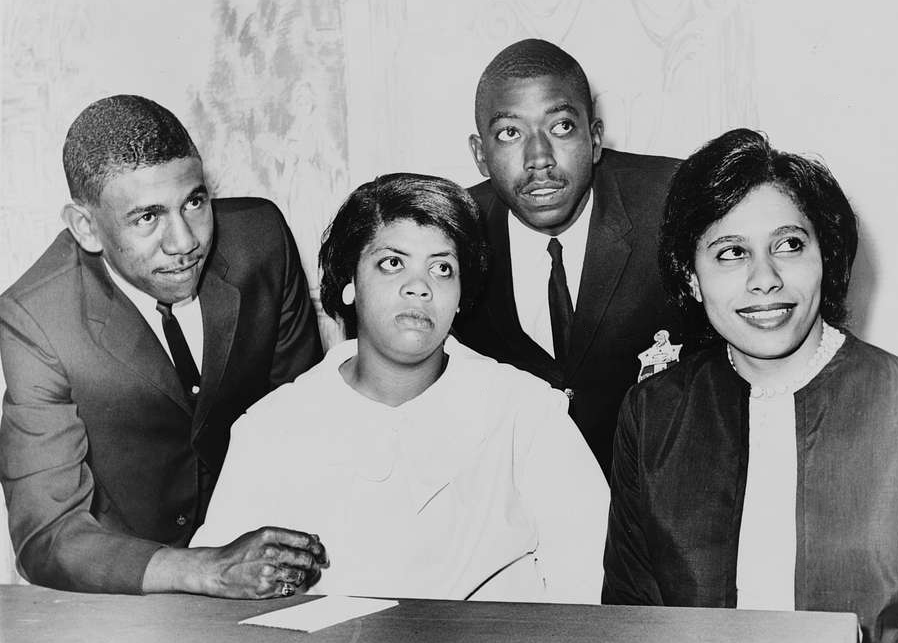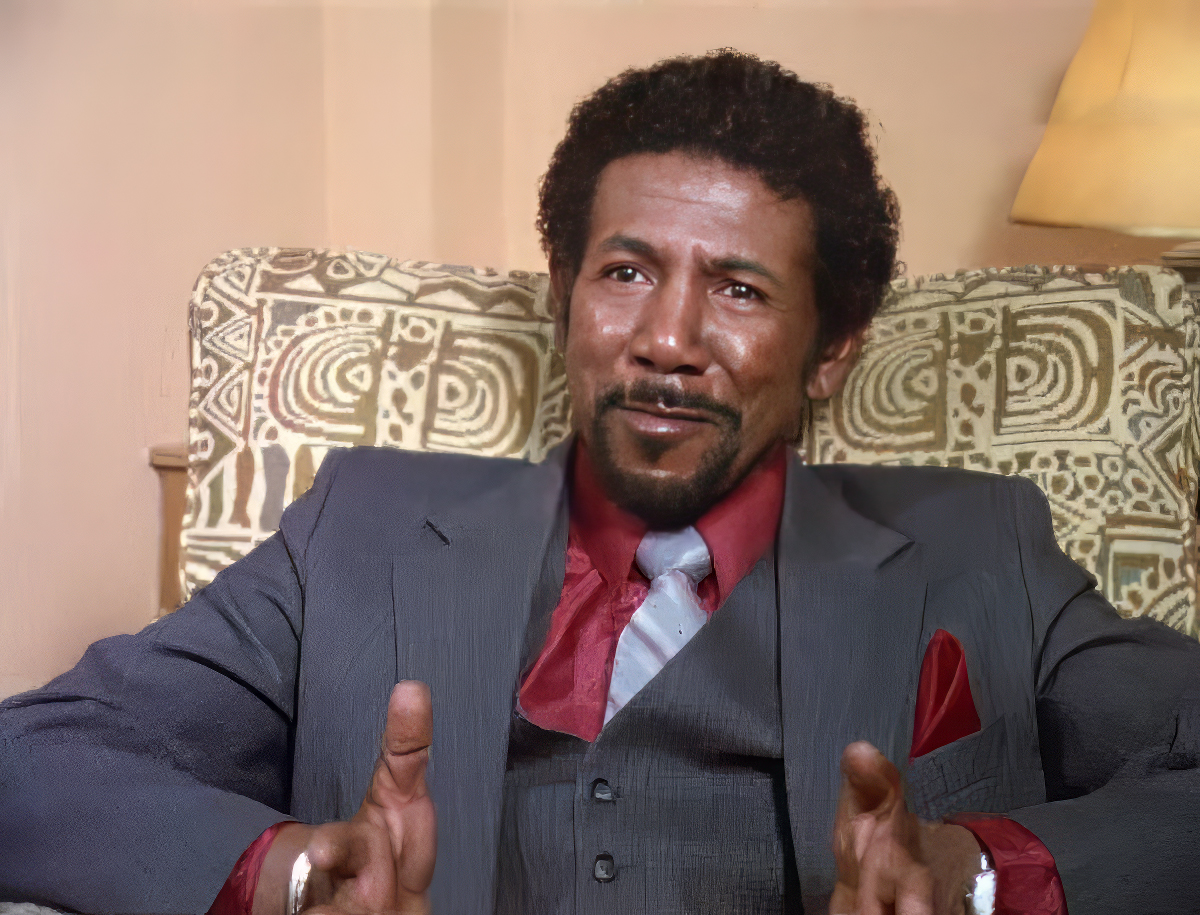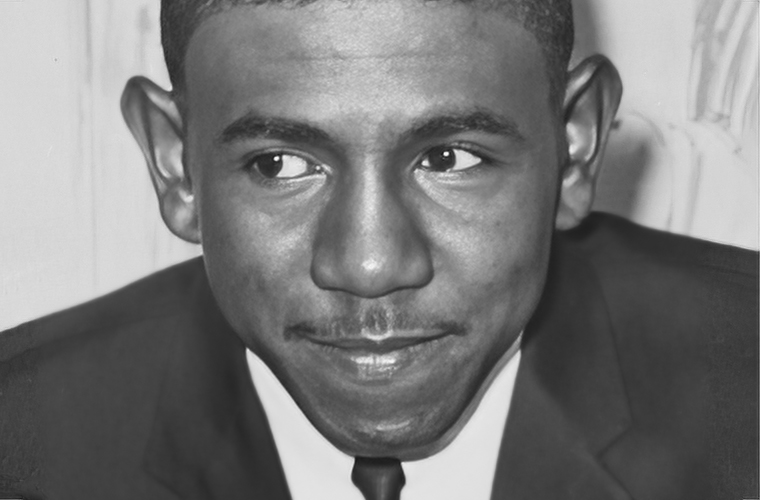Harry Briggs Jr. was an important figure in the civil rights movement in the United States. He was one of the plaintiffs in the Briggs v. Elliott case, which later became part of the landmark Brown v. Board of Education Supreme Court decision in 1954. Harry Briggs Jr. was born on May 11, 1932, in Clarendon County, South Carolina. At the age of 16, he became involved in the struggle to end racial segregation in public schools. Along with his father, Harry Briggs Sr., he joined a lawsuit against the Clarendon County School District in 1949.

The Briggs family, along with other African American families, challenged the separate and unequal education system in South Carolina, where black schools received far fewer resources and facilities compared to white schools. They argued that segregated education violated the principle of “separate but equal” established in the 1896 Plessy v. Ferguson Supreme Court decision.
Although the initial lawsuit, Briggs v. Elliott, was unsuccessful at the state level, it was later consolidated with other cases and became part of the broader Brown v. Board of Education case, which addressed school segregation nationwide. In the historic Brown v. Board of Education decision in 1954, the Supreme Court ruled unanimously that racial segregation in public schools was unconstitutional. The decision overturned the “separate but equal” doctrine of Plessy v. Ferguson and laid the groundwork for the desegregation of schools across the United States.

Harry Briggs Jr.’s participation in the Briggs v. Elliott case, along with the efforts of other plaintiffs and activists, helped challenge the unjust system of racial segregation in education. His courage and involvement in the struggle for equal educational opportunities for African American students played a significant role in the eventual dismantling of segregated schools in the United States.

